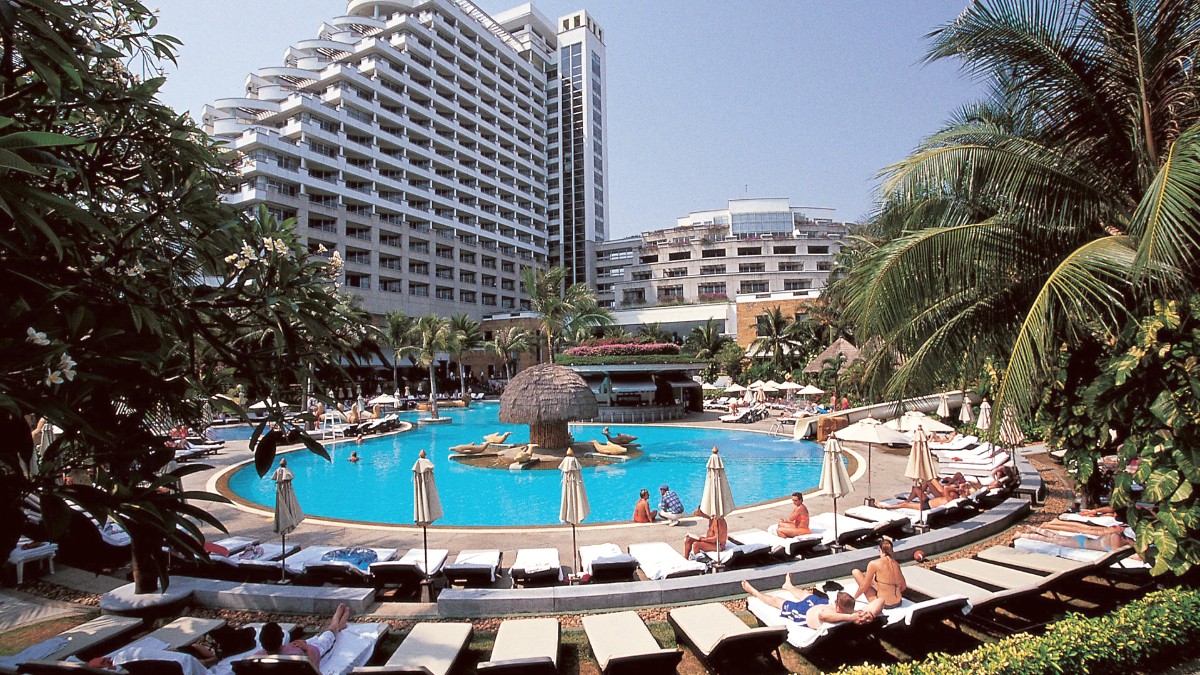
Upper Southern Gulf, Thailand
Purchase a local SIM card upon arrival from major providers (AIS, DTAC, TrueMove H) at airports, malls, or 7-Eleven. Passport registration is necessary.
Wi-Fi is widely available and typically free in hotels, cafes, and restaurants. Public Wi-Fi exists, but networks can be less secure.
Thai is the official language. English is generally understood in tourist areas. Locals outside the main tourist bubble might have limited English.
Learning a few phrases deeply influences your interactions.
Prepare your communication tools before arriving. A local SIM or eSIM, combined with translation apps, promotes smooth interactions and navigation throughout Hua Hin.
Typical operating hours for different businesses across Hua Hin.
Banks generally operate Monday-Friday. Some shopping mall branches extend hours. ATMs are 24/7. Shops and malls open daily.
Market hours vary; night markets operate evenings. Restaurants are generally open from morning to late evening. Government offices close on public holidays.
Major holidays like Songkran (mid-April) and Loy Krathong (November) alter business hours and crowd levels. Confirm dates before travel.
Knowledge of local schedules aids in planning your daily activities.
Major holidays may result in altered business hours and increased crowds.
Consult the Thai public holiday calendar prior to your visit. This prevents unexpected closures or crowded times.
Important customs and norms for respectful interactions in Hua Hin.
The 'wai' (palms together, slight bow) is the traditional Thai greeting. Returning a 'wai' when offered is polite.
Dress modestly, especially at temples, royal sites, or government offices. Shoulders and knees must be covered. Remove shoes before entering temples or homes.
Cultural hints shape public behavior; observing these aspects makes for smoother experiences.
A simple 'kob khun krap/ka' (thank you) and a smile contribute to positive interactions with locals.
For travelers with mobility challenges, information on accessibility in Hua Hin assists planning.
Thailand often has limited infrastructure for mobility-challenged travelers. Sidewalks can be uneven, public transport lacks ramps, and older buildings may not have elevators.
Newer shopping malls (Bluport, Market Village) and some modern hotels offer better accessibility with ramps, elevators, and accessible restrooms.
Limited specialized services exist for visual or hearing impairments. Traveling with a companion or on specialized tours is advisable.
Research specific venues beforehand. Online forums or specialized travel agencies can offer detailed, up-to-date information.
When booking accommodation, specifically inquire about accessible rooms, elevators, and pathways to amenities if mobility needs apply.